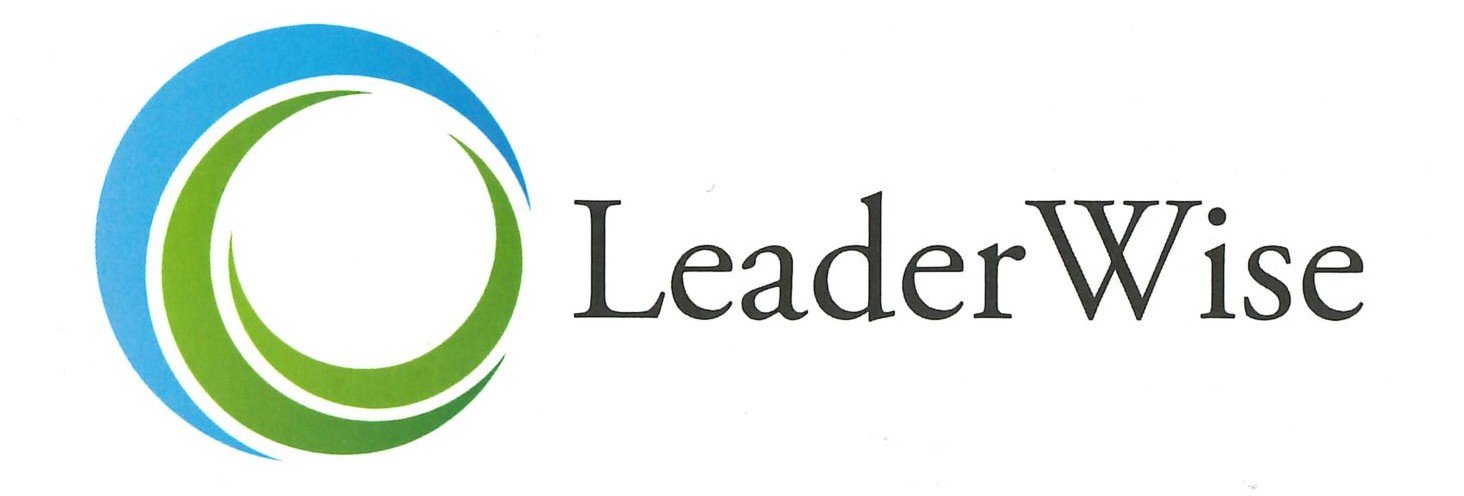Resilience: How to do something we may not know how to do
by Drew Benson, PhD, LP
I know the topic of resilience can feel so overdone that you may have to fight the urge to just tune out. What new things could you possibly learn? I’m sure you talked about it at length in graduate school and probably also talk a lot about it with colleagues, supervisors and others. I’m often struck, though, when I ask clergy and other helpers about the ways in which they are tending to their own resilience that they have a difficult time going much beyond sleep, diet and exercise. Not that these things are unimportant (quite the opposite, actually), but, through research, we have come to understand that resilience for helping professionals is a deeper and more complex task. This summer, we’ll use our weekly LeaderWise e-newsletter to orient you to this research and to offer you some helpful strategies to help you care for yourself over the coming months.
Early in my career, I worked primarily with children and teenagers. I quickly noticed that a common source of conflict between young people and their parents was incomplete tasks and chores around the house. Parents would often come to me and share, “I asked my son/daughter to clean their room and they still haven’t done it. I am so frustrated!” For any of you with adolescent and young adult children, this may sound quite familiar, and there was certainly an aspect of teenage rebellion that was at play in many cases. However, upon further exploration, I also came to understand that, while on the surface, the instruction to clean one’s room seems pretty straightforward, these young folks often didn’t know where to start and thus avoided the task altogether. For many in the helping professions, the encouragement to “practice self-care” and “tend to one’s resilience” can feel a little bit like these seemingly clear parental instructions. In other words, there is an understanding that something needs to be done yet some uncertainty about exactly how to do it.
Over the coming weeks, we will outline a number of “tasks” that can help orient ministers and others in helping roles to key resilience practices. Based on decades of research by Dr. Tom Skovholt and colleagues, these tasks speak to the unique challenges faced by helping professionals and provide insight into how one’s personal and professional roles and identities intersect when considering how to prevent burnout and promote resilience. In addition, we’ll provide some other resources that, we hope, will help you lean into your own self-care in some new ways over the summer. We would love to hear your thoughts along the way so feel free to Like and Follow LeaderWise on Facebook and share your comments each week!

